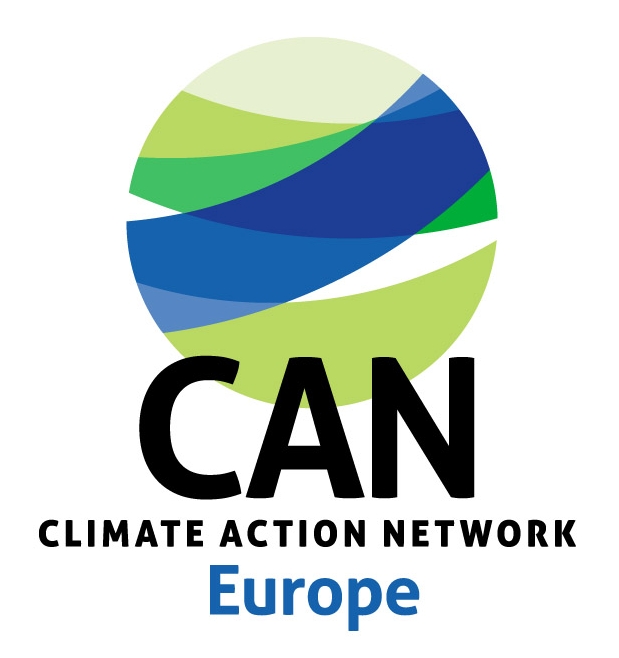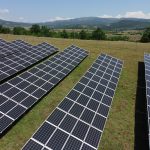
Biodiversity loss and climate change are both driven by our economic activities and mutually reinforce each other. Climate change is further exacerbated by biodiversity loss and ecosystems decline, and climate change in turn increases stresses on natural systems and biodiversity. This is one of the core findings that has been confirmed again within the latest IPCC Report.
While it is generally recognised in both scientific and policy-making circles that climate change and biodiversity loss are interconnected, in practice both issues are largely addressed in their own domains. But only by considering climate and biodiversity as parts of the same complex problem, can solutions be developed that maximise beneficial outcomes for both limiting climate change and stopping biodiversity loss. The inextricable link between climate change and biodiversity loss means that satisfactorily resolving either issue requires consideration of the other.
Action to limit climate change and protect nature needs to be urgent and must go hand in hand. The window of opportunity is closing fast.Now more than ever, including given the war in Ukraine, we need the EU and our governments to work vigorously and show an unprecedented political will to build a just, resilient, and sustainable energy system, and in parallel creating a nature-positive future.
As NGO networks dedicated to climate action and nature protection, we therefore recognise and support that:
- Just as the climate and biodiversity crises are linked, so too are the solutions. Neither will be successfully resolved unless both are tackled together;
- We need to protect and effectively manage at least 30% of Europe’s land and seas by 2030, with a third of that area put under strict protection. Threatened species must be recovered to favourable conservation status;
- We need to limit temperature rise to 1.5°C during this century to protect people and nature from the worst impacts of climate change. To contribute to this goal, the EU needs to rapidly phase out fossil fuels and transition to a fully efficient and sustainable renewable energy system by 2040;
- Protecting nature is only possible if we keep and further develop strong regulatory measures, policies and targets. In particular, we need an ambitious nature restoration law to make large scale nature restoration a legal requirement for all Member States. Large scale nature restoration will improve societies’ resilience in the face of climate change impacts such as droughts, flooding and forest fires, and will contribute to mitigating climate change by removing carbon from the atmosphere;
- To phase out fossil fuels we need decisive and concerted action to stop subsidies that support them, significantly reduce our energy demand (through efficiency and sufficiency measures), and massively increase solar and wind development to ensure a 100% renewable energy system; The shift to renewables will also require important investments in grid infrastructure, storage, and sustainable supply chain;
- We call on our governments to take the right measures to achieve faster deployment of solar and wind: Starting with fully seizing the opportunities on deploying rooftop solar PV and on the better use of brownfields and low sensitivity areas;
- Equally important, we call for more structural approaches on spatial planning and on mapping of the most suitable areas to fully exploit the local potential of renewable energy sources, while guaranteeing protection of biodiversity. Spatial planning needs to be informed by sensitivity mapping, which identifies areas where the deployment of renewable energy negatively impacts sensitive communities of species and habitats. Transparency and early stakeholder involvement with close cooperation and dialogue in all stages of the process must be guaranteed;
- Government efforts to minimise impacts of solar and wind projects on nature should be coupled with phasing out unsustainable practices, such as destructive forms of farming, fishing and forestry. Bioenergy must deliver significant, near-term greenhouse gas savings compared to fossil fuels, meaning only fast-decaying wastes and residues with no other uses should be incentivised;
- Both nature protection and limiting climate change have many multiple co-benefits with substantial economic value. These benefits however are often only visible in the long term and usually can not be monetised. Therefore investments in solar and wind development need to be complemented by investments in nature protection;
- Our engagement with the ecological transition must always take into consideration both the need to become carbon neutral and the need to be nature positive. This must be a shared guiding light at all levels, from local projects to shaping EU policies and legislation.
Press release on Joint Statement








